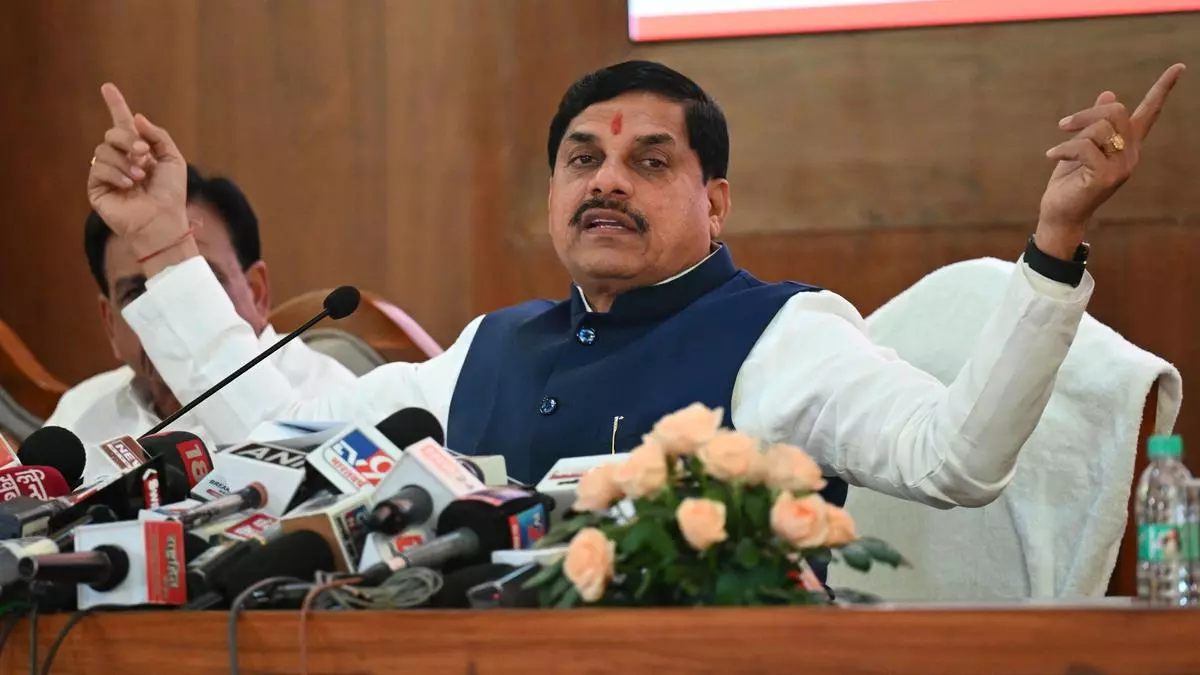Maldives travel companies have extended a sincere apology to India amidst the growing boycott trend against the island nation. The apology comes after Indian netizens started the hashtag #BoycottMaldives on social media platforms, urging fellow Indians to avoid traveling to the Maldives and boycotting Maldivian products and services. The trend gained traction following the political unrest in the Maldives, which resulted in the imposition of a state of emergency. The apology from Maldivian travel companies is an effort to mend the strained relations between the two countries and reassure Indian tourists about the safety and security of visiting the Maldives. The tourism industry is a significant contributor to the Maldivian economy, with a large portion of the tourists coming from India. The boycott trend has raised concerns among Maldivian businesses and triggered a decline in tourist arrivals from India. To salvage the situation, travel companies in the Maldives have released statements expressing their regret for any inconvenience caused and assuring Indian tourists of their commitment to ensuring a pleasant and safe travel experience. The aim is to restore the faith of Indian travelers in the Maldives as a preferred destination for vacations. Indian tourists have been a vital source of revenue for the Maldives, with their visits contributing to the economic growth of the country. However, the political turmoil and subsequent boycott calls have had a negative impact on the tourism industry, causing worry among local businesses. The apology from travel companies can be seen as a step towards healing the strained relations and rebuilding the trust between the two nations. It seeks to reassure Indian travelers that the Maldives is a safe and welcoming destination for them. The apologies have been well received by some Indian travelers, who appreciate the transparency and efforts made by Maldivian businesses to address their concerns. The recent developments highlight the power of social media in shaping public opinion and influencing consumer behavior. The #BoycottMaldives campaign gained momentum due to the widespread sharing of posts and opinions on various platforms. It serves as a reminder to businesses and nations that their actions and policies can have far-reaching consequences in the age of digital activism. The situation also highlights the significance of maintaining strong diplomatic relations between countries and addressing issues effectively and promptly. As travel companies in Maldives continue to extend their apologies and work towards resolving the conflict, the hope is that the tensions will ease, and the tourism industry will recover. The Maldives, known for its picturesque beaches and luxury resorts, relies heavily on tourism for its economic stability. The Indian market has always been crucial for the country’s tourism sector, and it is essential to restore the trust and confidence of Indian travelers. Moving forward, both nations need to engage in constructive dialogue and take steps to strengthen relations and ensure the safety and well-being of their citizens and visitors. The efforts made by Maldivian travel companies to apologize and address the concerns of Indian tourists are commendable. They reflect a commitment to rebuilding a positive image and restoring the trust of potential visitors. It is a reminder that sincere apologies and genuine efforts to mend relations can go a long way in resolving conflicts and promoting harmony between nations. The ultimate goal should be to foster understanding, friendship, and cooperation between India and the Maldives, benefiting both countries economically and socially.










